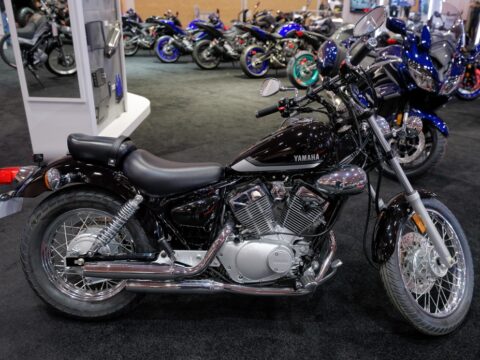Automotive history has seen its fair share of scandals, each leaving a mark on some of the world’s biggest vehicle brands. From hidden defects to emissions cheats, these controversies often caused serious safety risks or shattered public trust, leading to costly recalls and damaged reputations. Here’s a look at 19 infamous automotive scandals that shocked the industry and showed just how much is at stake when companies cut corners or fail to take responsibility.
Contents
Volkswagen Dieselgate Scandal
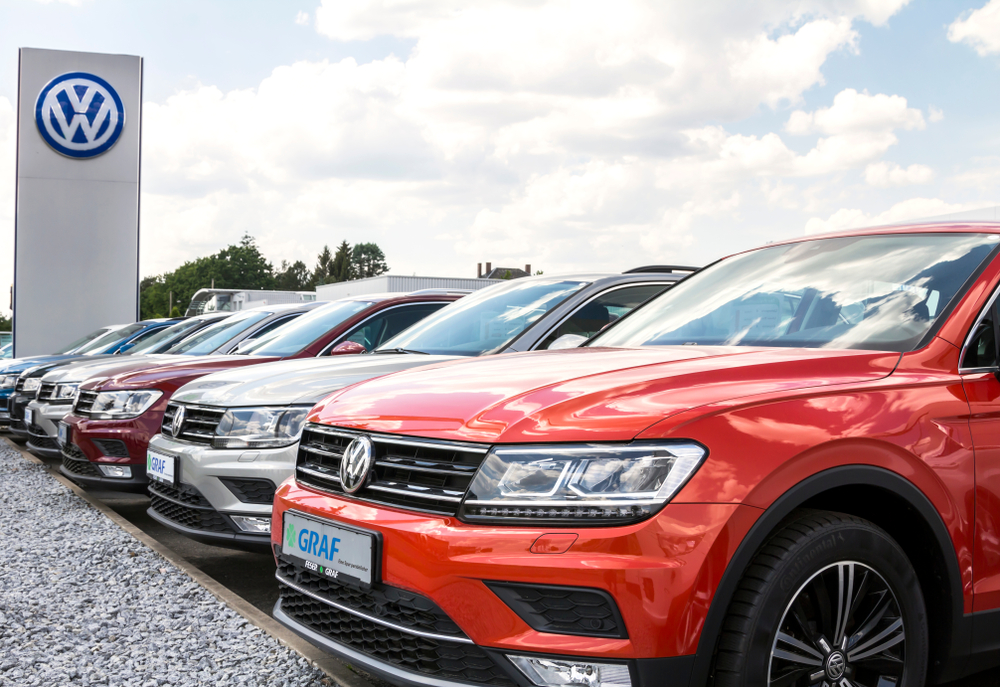
Volkswagen’s “Dieselgate” scandal emerged in 2015 when it was revealed that the company had installed software in diesel vehicles to cheat emissions tests. The software enabled cars to emit lower levels of pollutants during testing while producing higher emissions on the road. The deception affected millions of vehicles and cost Volkswagen billions in fines and settlements. The brand’s image as a pioneer of “clean diesel” technology took a severe hit. This scandal pushed Volkswagen to accelerate its focus on electric vehicles to regain consumer trust.
Ford Pinto Exploding Gas Tank
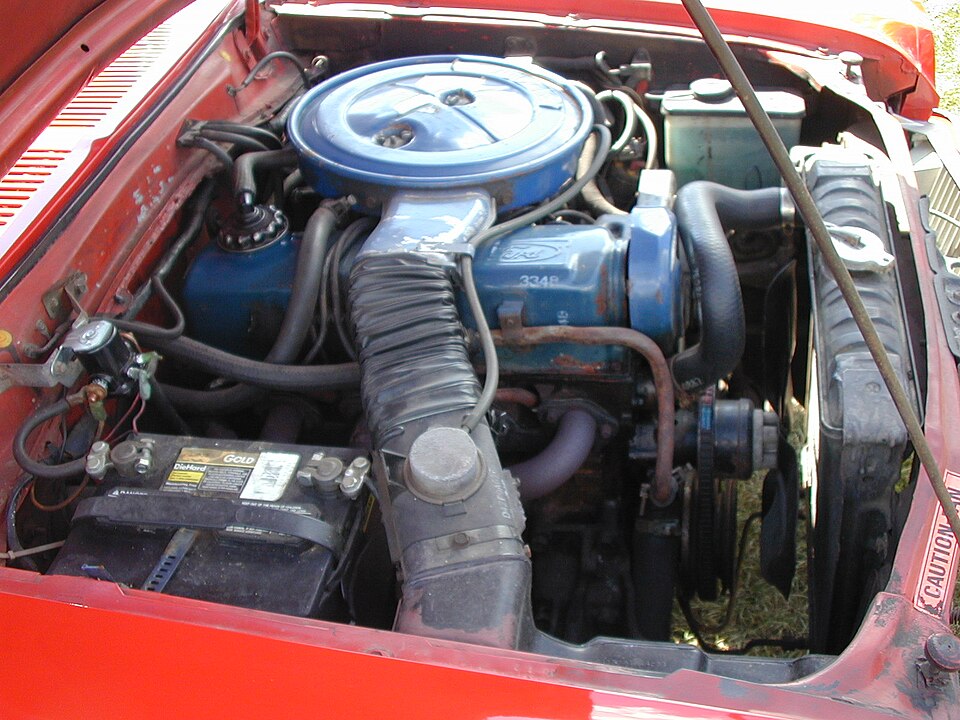
In the 1970s, Ford found itself under fire after its Pinto model was linked to fatal explosions caused by a vulnerable gas tank design. Testing had shown that rear-end collisions could rupture the gas tank, sparking deadly fires. Internal documents revealed that Ford had chosen not to fix the issue due to cost concerns, a move that angered the public. This cold business calculation damaged Ford’s reputation, raising questions about its commitment to customer safety. The scandal also led to increased scrutiny and regulatory changes in automotive safety.
Toyota Unintended Acceleration Crisis

Toyota’s brand took a significant blow in the late 2000s after reports of unintended acceleration incidents. Defective accelerator pedals or poorly designed floor mats allegedly caused these sudden speed surges, sometimes leading to tragic accidents. As Toyota faced investigations, it was forced to recall over 10 million vehicles and pay billions in penalties. The crisis disrupted the brand’s image of reliability and prompted Toyota to overhaul its safety standards. This event emphasized the importance of quick and transparent action in product recalls.
GM Ignition Switch Recall
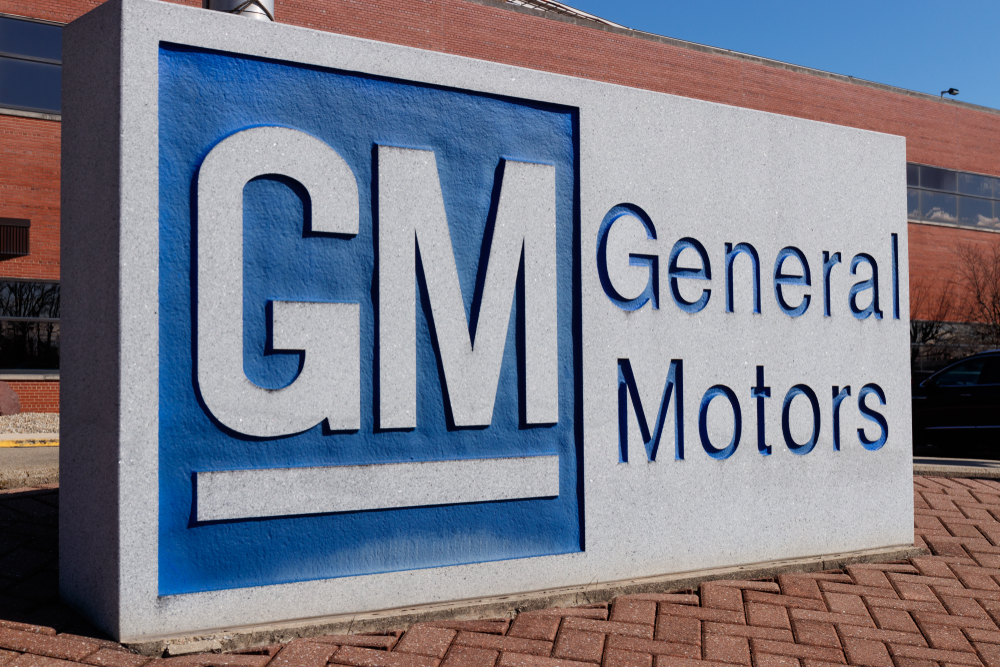
General Motors admitted in 2014 to knowing about a faulty ignition switch in millions of cars, a defect linked to numerous fatal crashes. The defect could abruptly shut off the engine and deactivate airbags, putting drivers at serious risk. Although GM eventually issued a recall, its delay in addressing the issue led to public outcry and costly fines. This scandal underscored the dangers of delaying necessary recalls for safety-critical issues. GM’s reputation for safety suffered, leading the brand to adopt stricter safety protocols.
Takata Airbag Recall
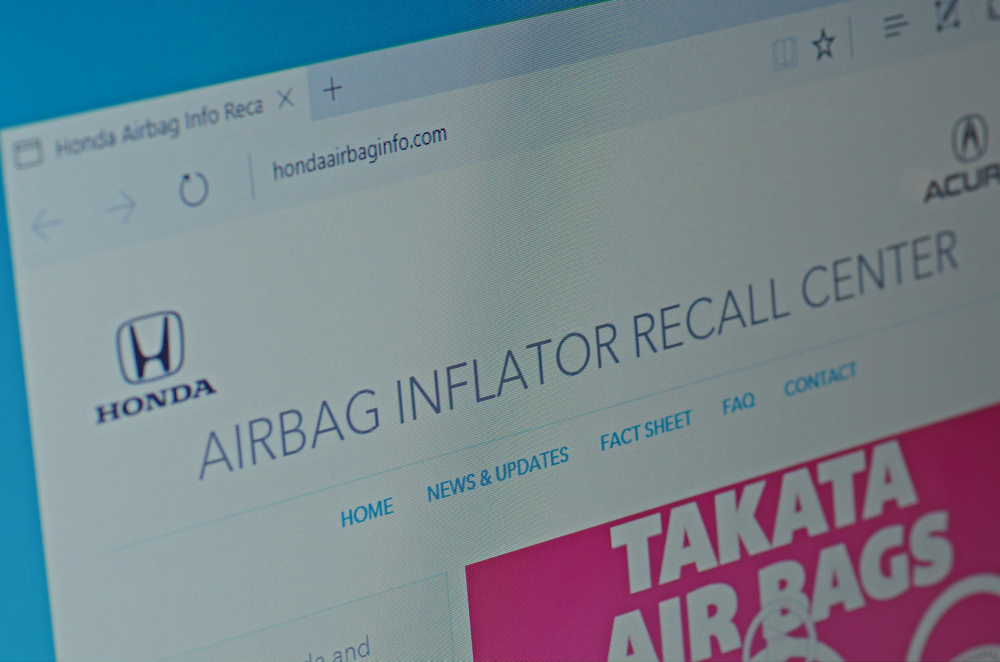
One of the largest recalls in automotive history involved Takata airbags, which were prone to explode and send shrapnel into vehicle occupants. Numerous injuries and fatalities were linked to these faulty airbags, affecting millions of vehicles from multiple brands. Takata filed for bankruptcy after the scandal, while automakers like Honda faced costly recalls and reputation damage. The incident showcased the catastrophic impact of defective safety components.
Mitsubishi Fuel Economy Scandal
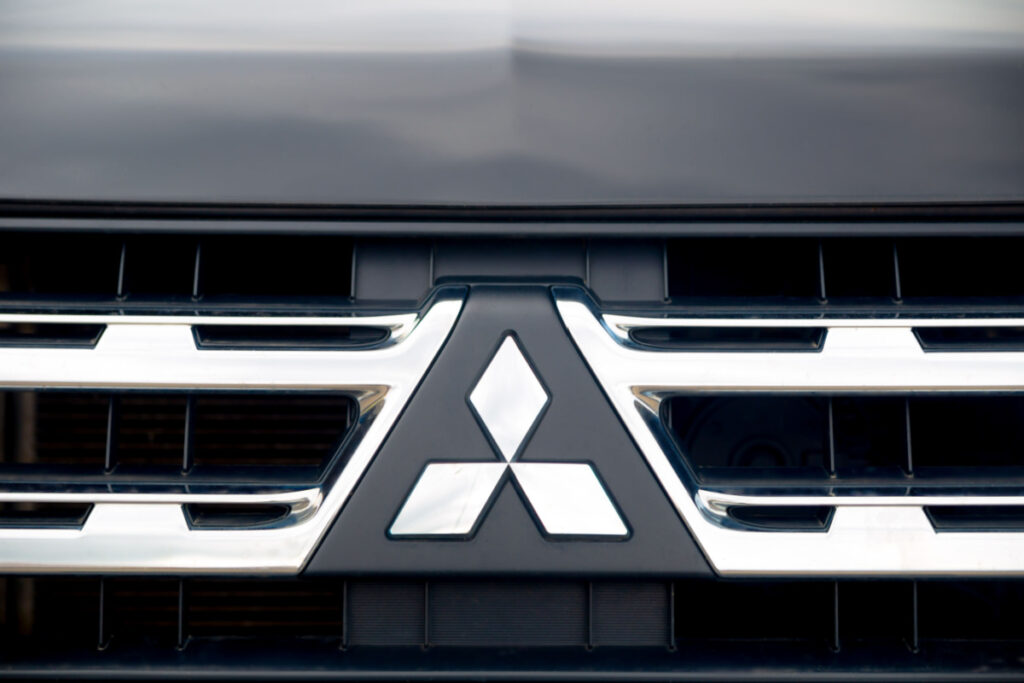
Mitsubishi was caught manipulating fuel economy data in 2016 to make certain models appear more efficient. This scandal affected hundreds of thousands of vehicles and led to Mitsubishi paying fines and issuing apologies. Consumer trust in the brand’s integrity took a major hit, resulting in declining sales and eventual acquisition of a stake by Nissan. This event marked a pivotal point for Mitsubishi, as it had to refocus its brand image. It also brought to light the importance of honest fuel economy reporting in a competitive market.
Hyundai and Kia Overstated MPG Claims
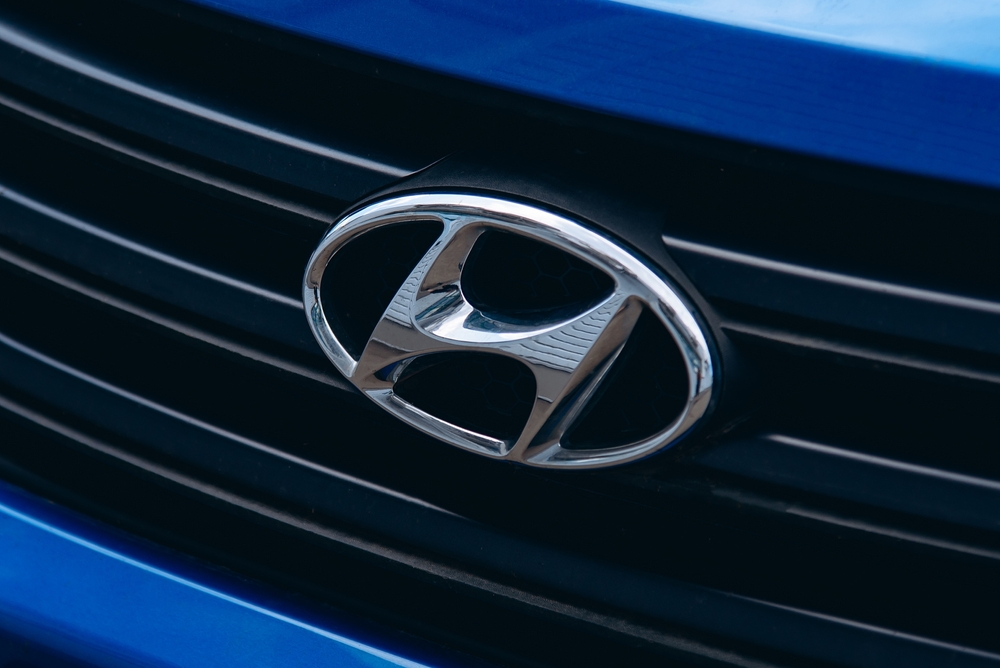
In 2012, Hyundai and Kia faced backlash for overstating fuel economy figures for more than a million vehicles. An EPA investigation revealed the brands’ MPG claims had been exaggerated, forcing the companies to offer reimbursement to customers. The scandal cost Hyundai and Kia millions and hurt their reputation among eco-conscious consumers. It also led to tighter oversight on fuel economy claims within the industry. This incident serves as a reminder of the potential fallout from misleading advertising.
Renault-Nissan Emissions Scandal

In the wake of Volkswagen’s emissions scandal, Renault-Nissan came under scrutiny for higher-than-expected emissions from some diesel models. Investigations revealed that these cars emitted more pollutants in real-world driving than during testing. Although Renault denied wrongdoing, public trust in the brand’s commitment to reducing emissions was shaken. Investor confidence also dropped, impacting the company’s market position. This scandal highlighted the ongoing issue of emissions discrepancies in the industry.
Fiat Chrysler Emissions Cheat
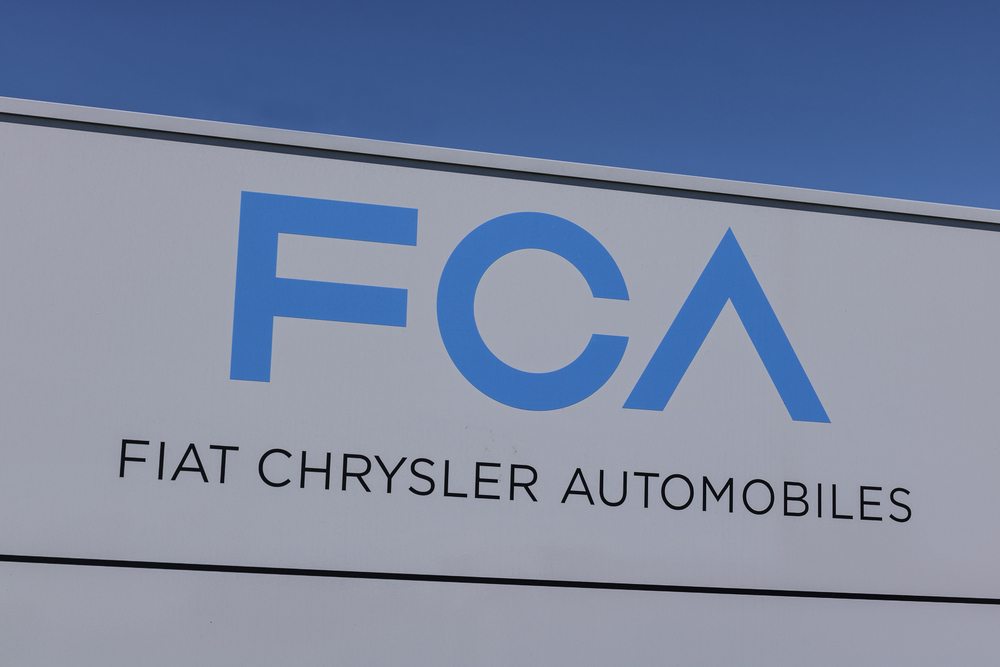
Fiat Chrysler faced accusations in 2017 of using software to manipulate emissions data in certain diesel models, similar to the Volkswagen scandal. The Environmental Protection Agency alleged that Fiat Chrysler’s vehicles emitted more pollution on the road than in testing. While the company denied intentional wrongdoing, it paid settlements and updated its emissions systems. This scandal tarnished Fiat Chrysler’s reputation, particularly among environmentally-conscious consumers. It also underscored the increasing regulatory pressure on automakers.
Nissan Carlos Ghosn’s Financial Scandal
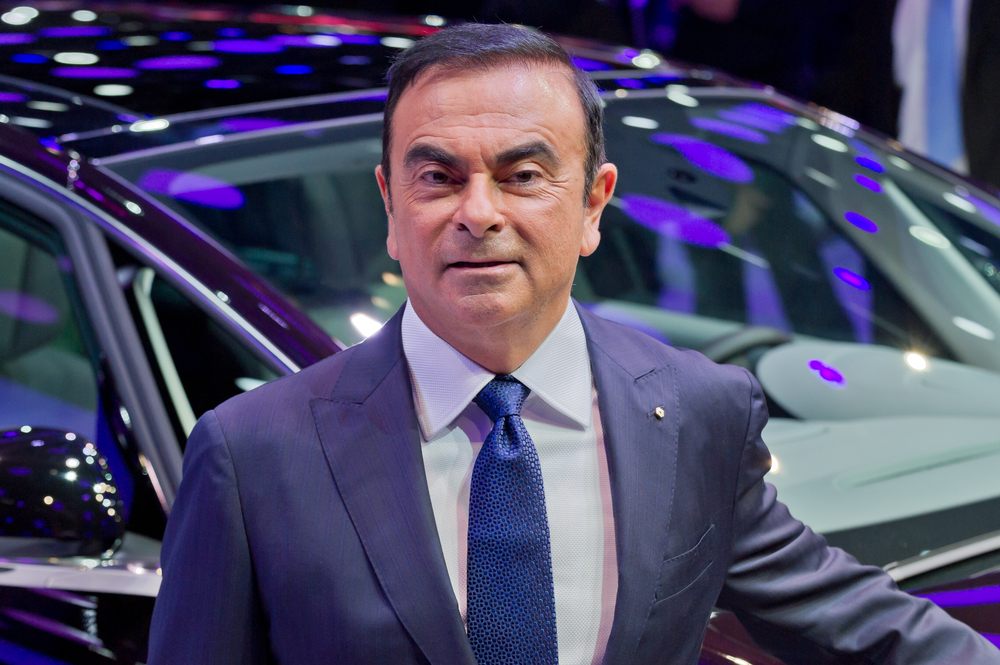
Nissan’s former CEO Carlos Ghosn was arrested in 2018 on charges of financial misconduct, which included underreporting income and misusing company assets. The high-profile scandal exposed weaknesses in Nissan’s corporate governance and sparked tensions within the Renault-Nissan-Mitsubishi alliance. Ghosn’s case brought negative attention to Nissan and shook its leadership structure, causing instability within the company. Consumer trust was affected, and Nissan’s brand image took a hit. This scandal underscored the impact of executive misbehavior on brand reputation.
Suzuki Fuel Economy Manipulation

In 2016, Suzuki confessed to using improper testing methods for fuel economy calculations in Japan. While the discrepancies did not directly impact safety, they led to public scrutiny and a loss of consumer trust in the brand’s integrity. Suzuki was not charged, but the scandal hurt its reputation and market share in Japan. This incident emphasized the risks of taking shortcuts in regulatory compliance. Suzuki had to strengthen its internal testing procedures to rebuild credibility.
Ford Super Duty Rollaway Issue

Ford’s Super Duty trucks faced scrutiny in the 2020s after reports of rollaway incidents when parked. A transmission fault caused these heavy-duty trucks to roll unexpectedly, leading to accidents and safety concerns. Ford’s slow response to the issue drew criticism and hurt its reputation for quality and safety. The incident prompted recalls and design changes to address the defect. This scandal illustrated the importance of quick, transparent action in response to reported safety flaws.
Tesla Autopilot Crash Controversies
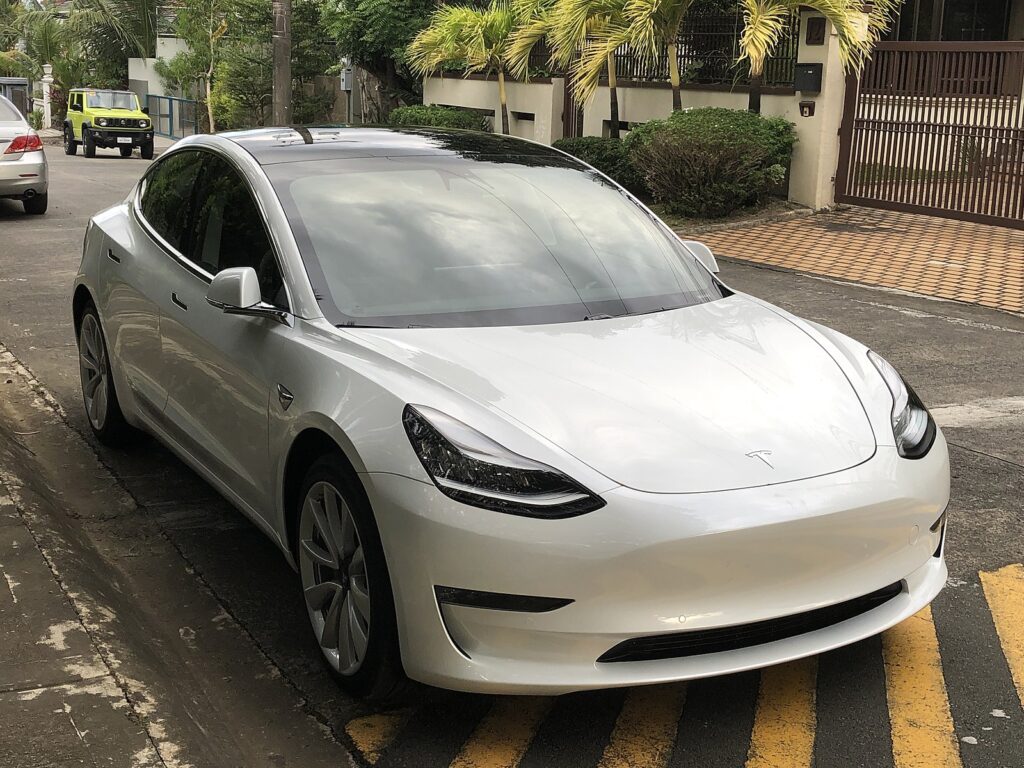
Tesla’s Autopilot feature has been involved in multiple accidents where drivers over-relied on its capabilities, sometimes resulting in fatal crashes. Critics argued that Tesla’s marketing of Autopilot as near-autonomous misled drivers, causing misuse and deadly consequences. These high-profile crashes attracted scrutiny from regulators and safety experts, damaging Tesla’s reputation. Although Tesla maintains a strong fan base, the controversy raised serious questions about the safety of autonomous features. The incidents underscored the need for clearer communication about vehicle capabilities.
Audi’s Emissions Manipulation
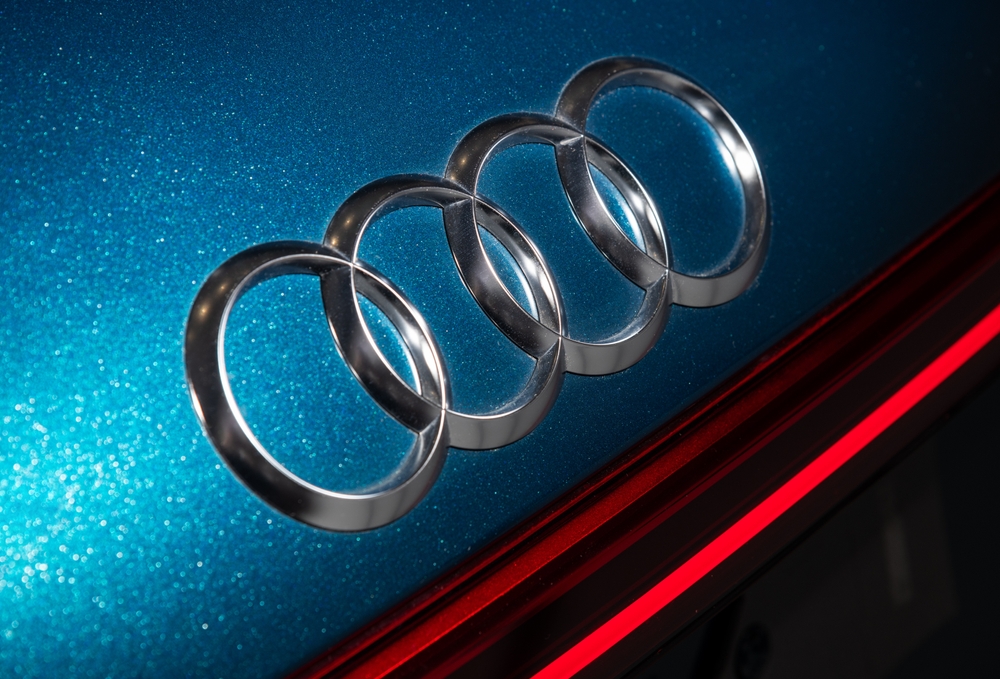
As a subsidiary of Volkswagen, Audi was also implicated in the 2015 Dieselgate scandal. Certain high-end Audi models were equipped with emissions-cheating software that concealed true pollution levels. This deception struck a blow to Audi’s image, particularly as the brand marketed these vehicles as eco-friendly. The scandal led to substantial fines and a tarnished reputation among luxury buyers. Audi has since redirected its focus toward electric vehicles to restore its environmental credibility.
BMW Emissions Accusations
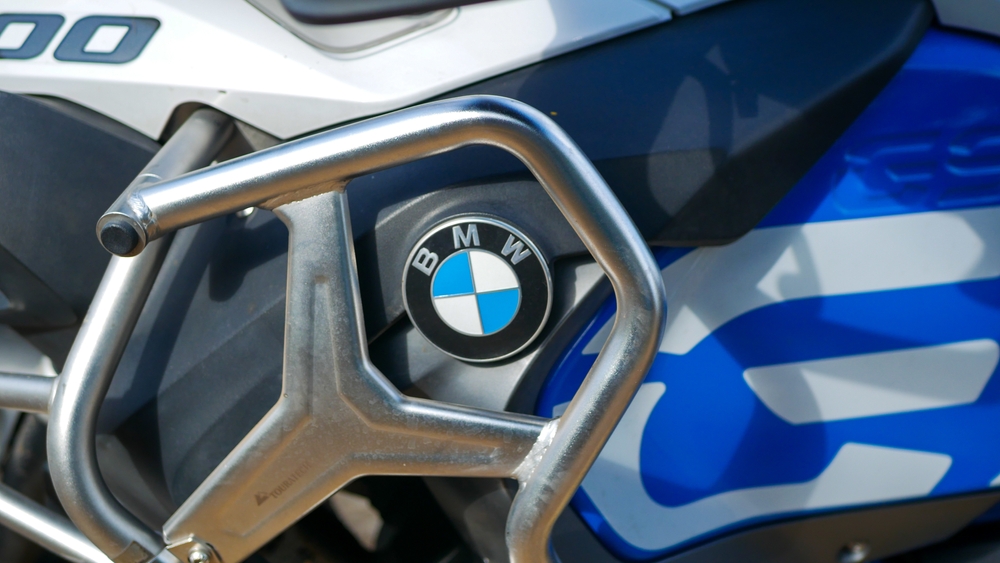
BMW was accused of emissions manipulation in some diesel models, facing public scrutiny in Europe. Although BMW denied using cheat devices, the accusations alone were enough to tarnish the brand’s image. Regulators investigated, and BMW took steps to address public concerns, though its credibility suffered. The scandal illustrated the broader problem of emissions discrepancies in the industry. BMW’s response included reinforcing its commitment to eco-friendly technologies.
Chrysler Transmission Defect
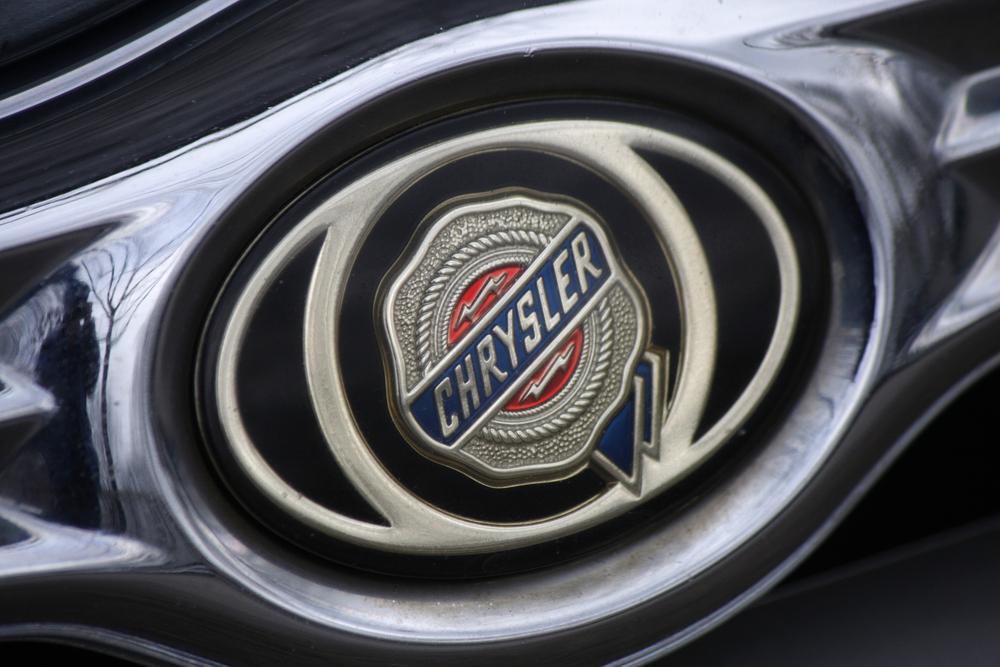
Chrysler’s reputation for reliability suffered when drivers reported severe transmission issues with certain Dodge Dart and Jeep Cherokee models. These vehicles would unexpectedly shift into neutral or fail to accelerate, sparking consumer complaints and recalls. Chrysler’s delayed response further frustrated customers, highlighting weaknesses in its customer support. This incident emphasized the necessity of rigorous quality control and responsive service. Chrysler has since enhanced its service approach to mitigate future issues.
Honda’s Faulty V6 Engine
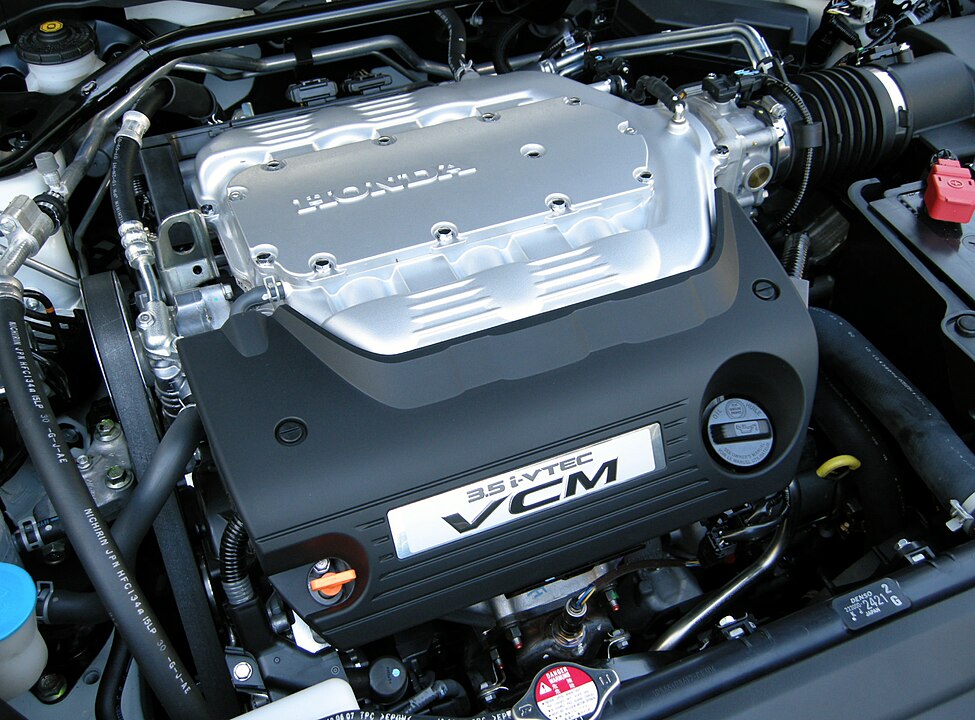
Honda’s popular V6 engines faced criticism in models like the Accord and Odyssey due to excessive oil consumption. This flaw could lead to engine damage and costly repairs for owners, damaging Honda’s reputation for reliability. Although Honda offered partial relief, many loyal customers were left disappointed by the delayed response. This issue impacted consumer trust, particularly regarding Honda’s engine durability. Honda has since worked on enhancing engine performance to regain credibility.
Subaru Oil Consumption Issues

Subaru faced backlash in the 2010s after customers reported excessive oil consumption in certain Boxer engine models. Many Subaru owners found themselves needing frequent oil top-ups, leading to frustration and doubt in the brand. Subaru’s initial reluctance to address the problem only increased consumer discontent. While the company extended warranties to affected vehicles, its reputation for reliability suffered. This scandal highlighted Subaru’s need to proactively address widespread mechanical issues.
Tata Nano Safety Concerns

Marketed as the world’s cheapest car, the Tata Nano gained infamy after reports of spontaneous fires in early models emerged. Although Tata defended the car’s safety, these incidents raised concerns about the vehicle’s design and quality control. The Nano’s reputation was tarnished, and sales fell as safety became a priority for consumers. This scandal highlighted the risks associated with extreme cost-cutting in vehicle production. Tata eventually discontinued the Nano, shifting its focus to more robust models.
This article originally appeared in MyCarMakesNoise.
More from MyCarMakesNoise
20 Fun-to-Drive Cars That Aren’t All About Horsepower
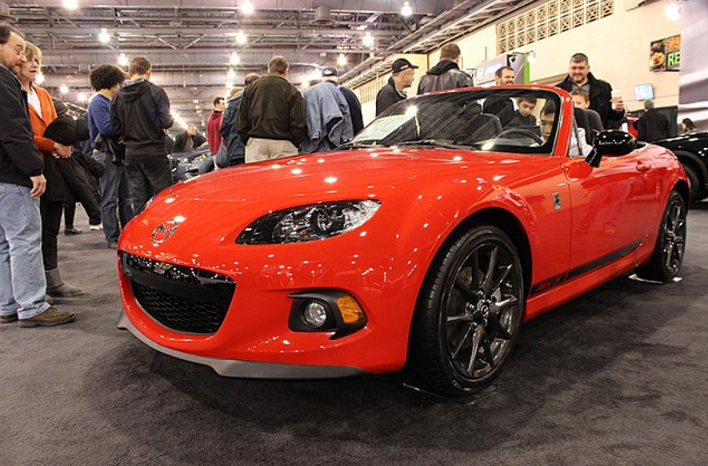
When it comes to driving, fun doesn’t always mean fast. Some cars, despite their modest power, offer an incredibly enjoyable driving experience. Read More.
15 Little-Known Luxuries of Flying on Private Business Jets

Flying on a luxury business jet offers more than just a fast and convenient way to travel. While many are familiar with the obvious benefits like privacy and flexibility, there are numerous hidden perks that make the experience truly exceptional. Read More.
17 Military Vehicle Projects That Didn’t Go as Planned

In the world of military technology, not every vehicle lives up to its promise. Some fail to deliver on performance, reliability, or innovation. In this article, we explore 17 military vehicles that, despite high hopes and significant investment, ultimately fell short of expectations. Read More.



